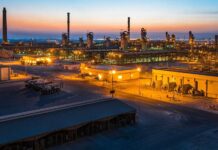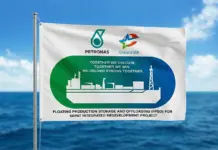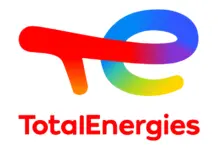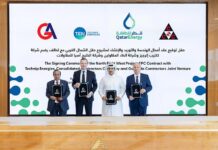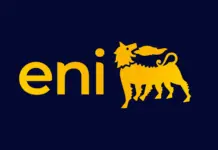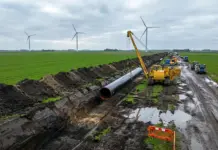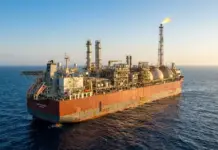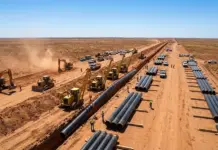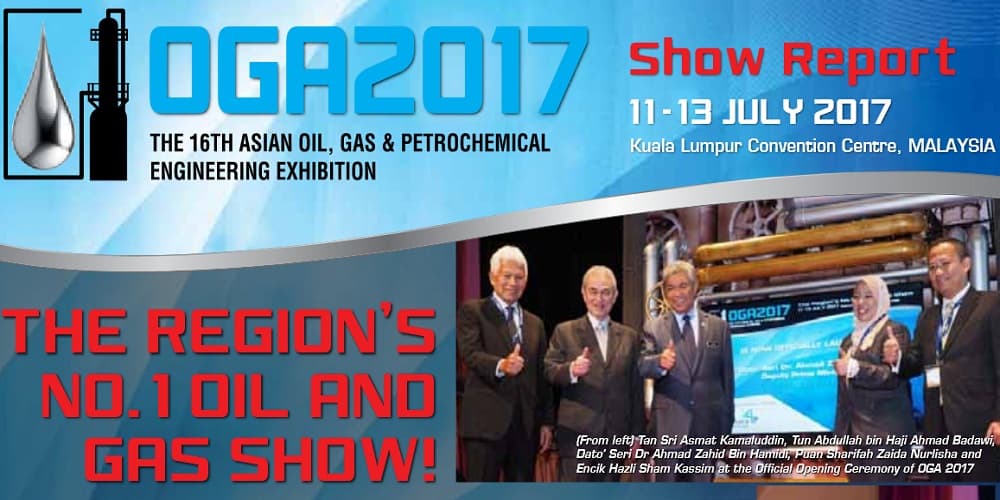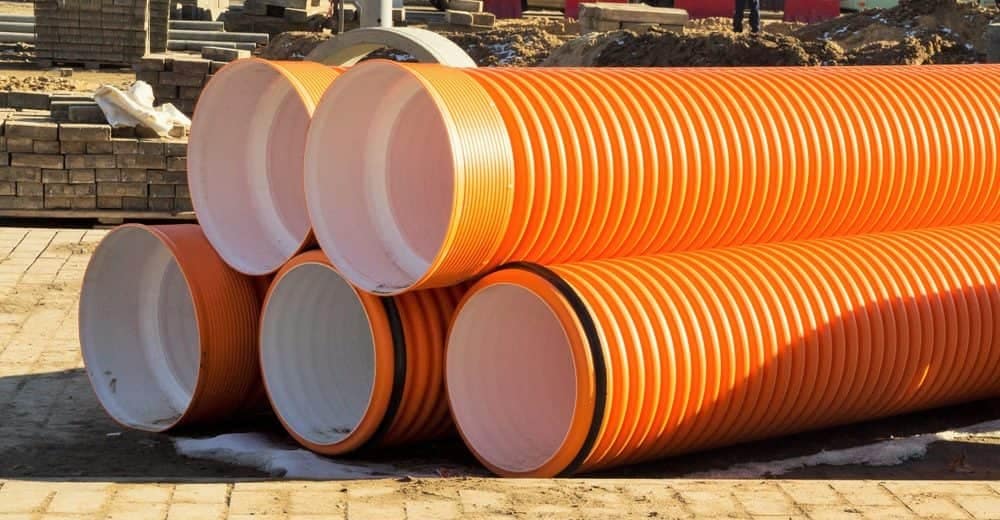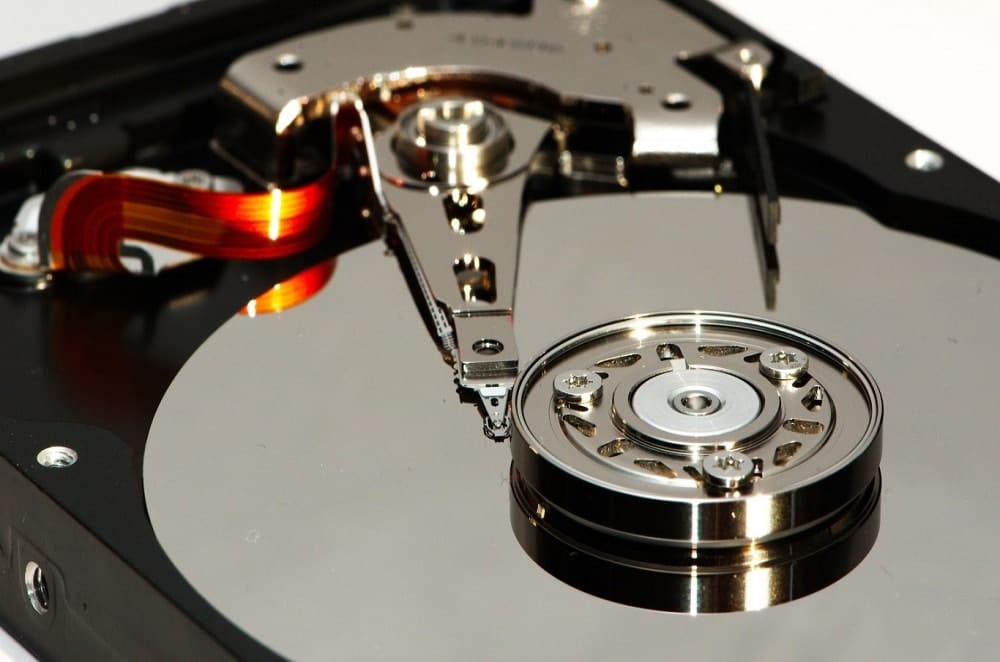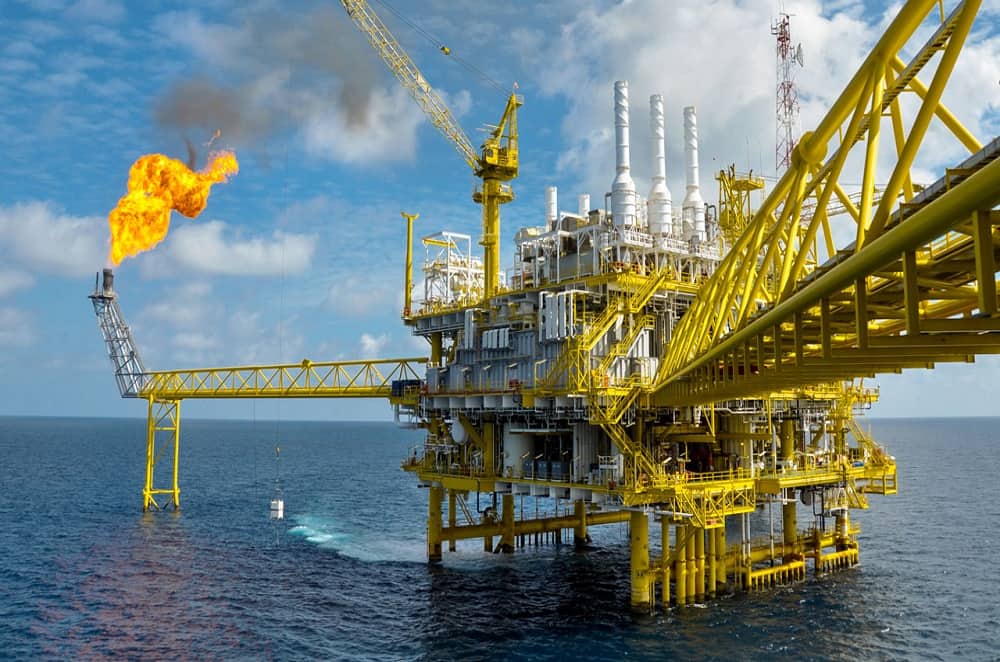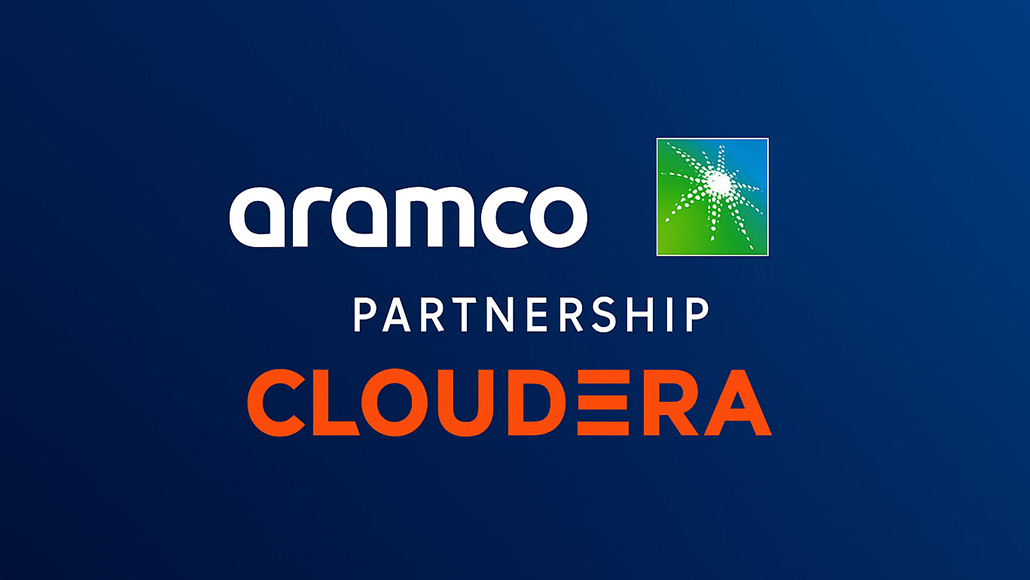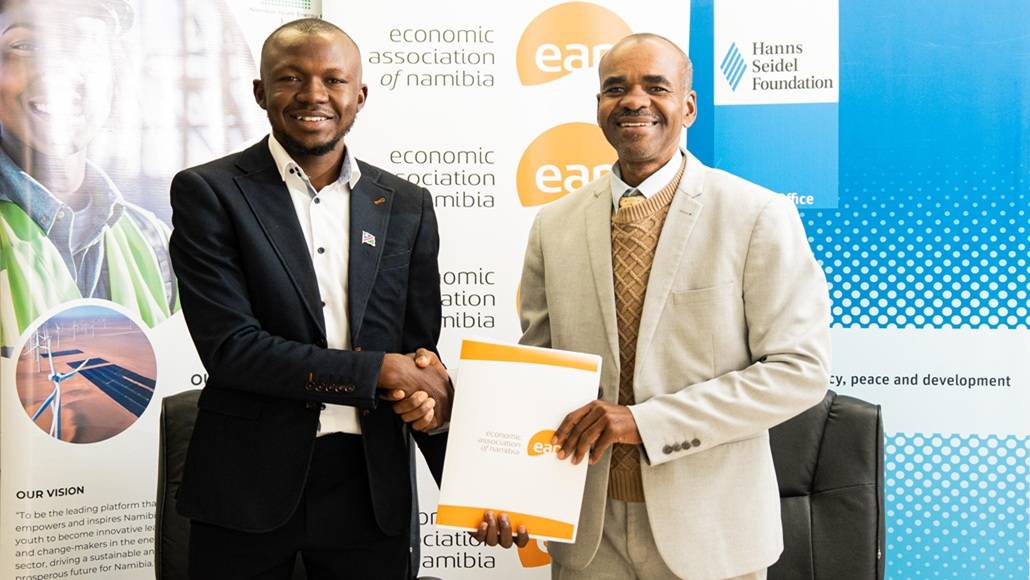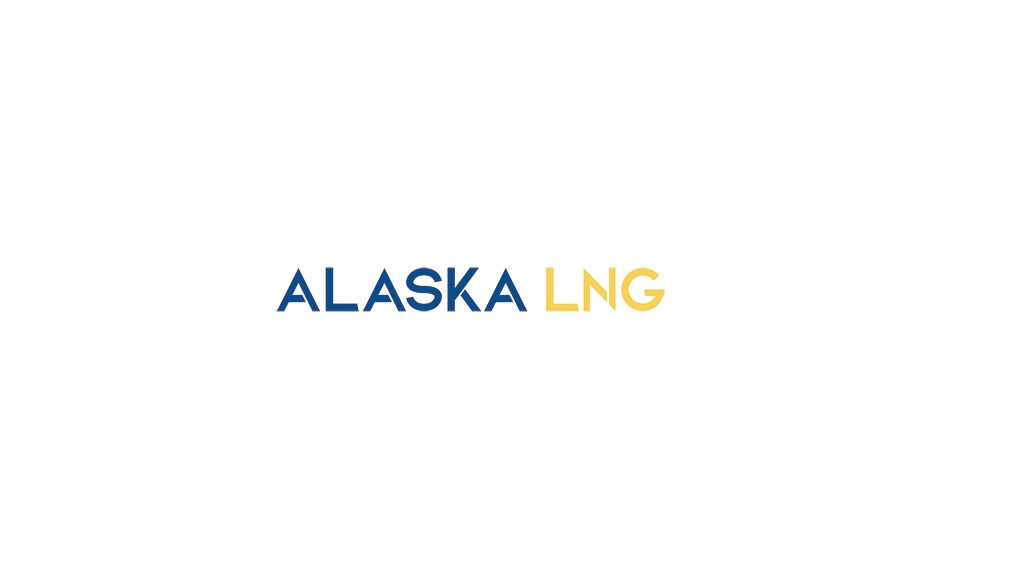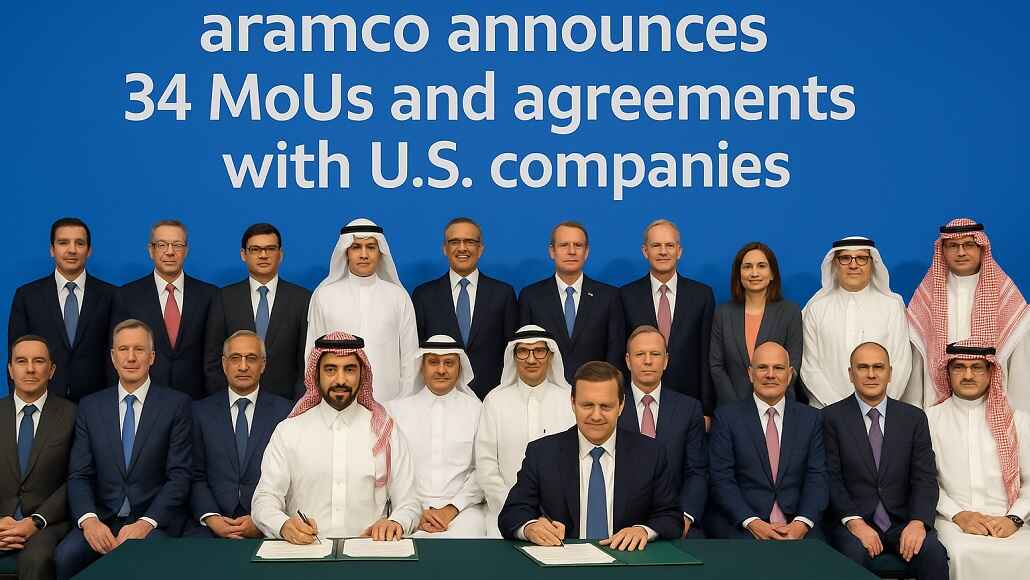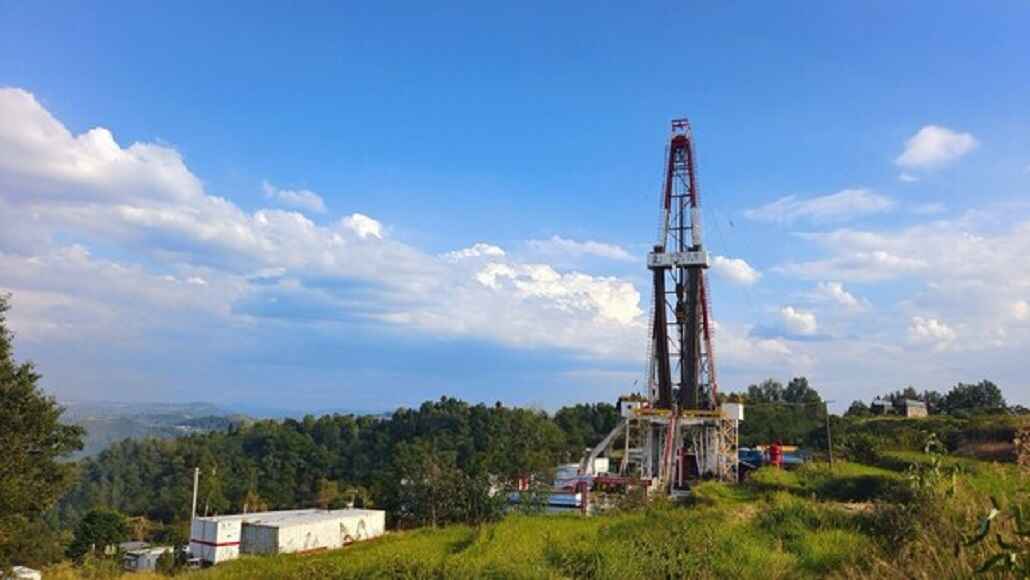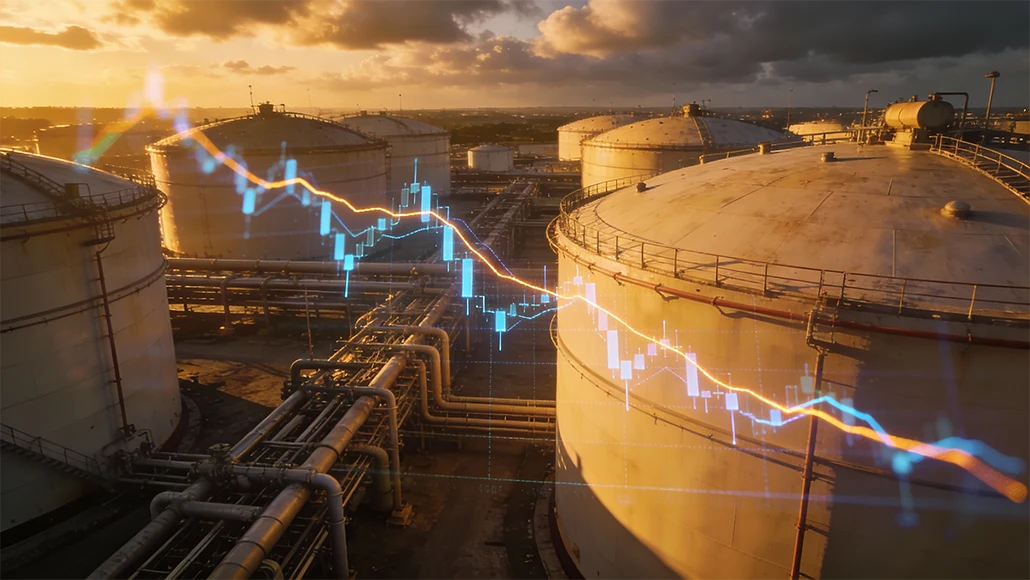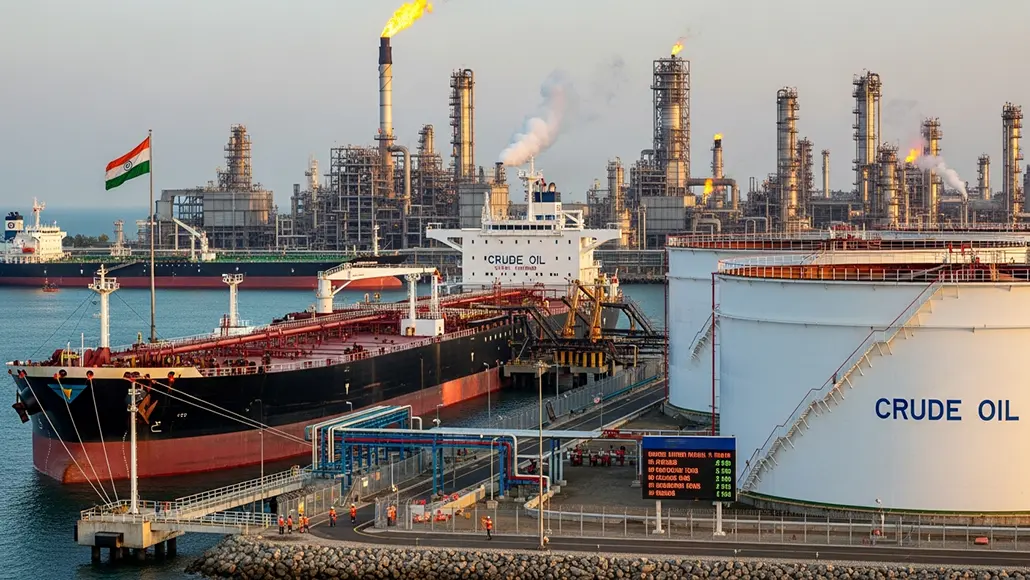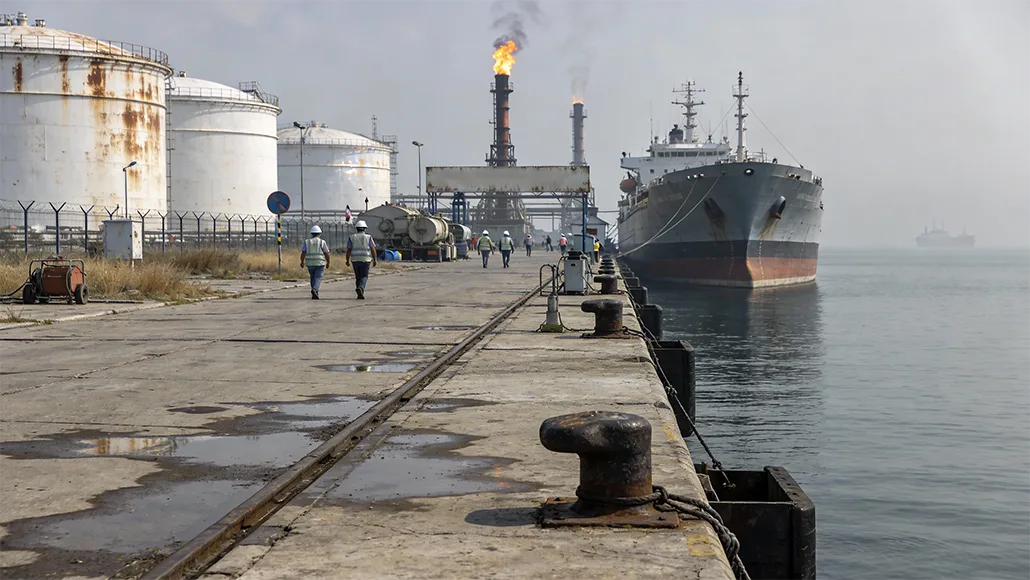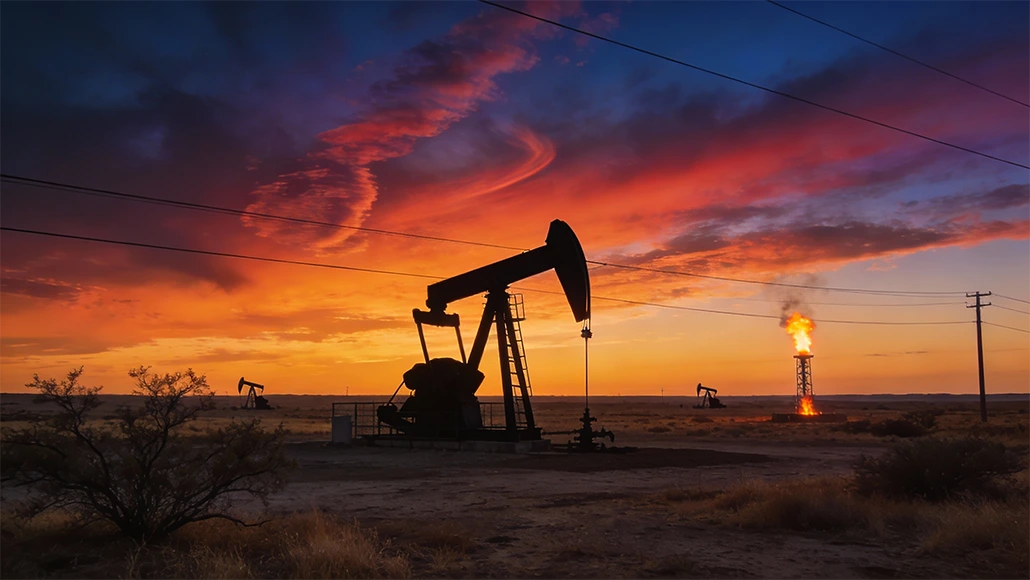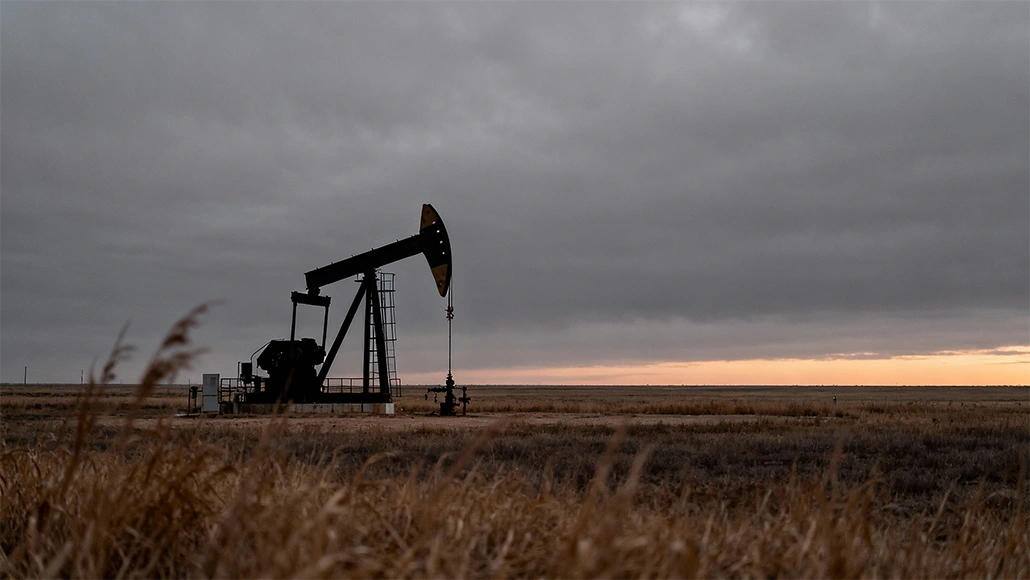Iraq’s Ministry of Oil has signed a preliminary agreement with US supermajor Chevron that will develop key oil and gas assets. Iraq, Chevron signs deal that aims at revitalising production in the country’s southern Dhi Qar governorate and other strategic areas.
The signing ceremony formalises a plan for Chevron to advance four exploration blocks within the Nasiriyah project and to develop the Balad oilfield. The signing ceremony of Iraq, Chevron signs deal was held under the auspices of Prime Minister Mohammed Shia al-Sudani. The accord was attended by senior officials, including Iraq’s Minister of Oil, Hayan Abdul-Ghani al-Sawad, and Chevron’s Vice President, Frank Mount.
The intent of the agreement is the Nasiriyah field, a significant asset with an estimated 4.36bn barrels of recoverable reserves. Previously, the Ministry of Oil has stated its intention for the field to produce above 100,000 barrels per day (bpd), a substantial increase from its current capacity of 70,000-90,000 bpd. It was constrained by Baghdad’s compliance with OPEC+ output restrictions.
The deal marks a return for Chevron that it vied for in 2009. Negotiations with a rival consortium broke down at that time, primarily over the low remuneration offered by Baghdad. The latest talks were paused in February pending the formation of a new government but have now resumed, signalling renewed momentum. However, operating in the region remains challenging; Dhi Qar Oil Co. (DQOC), the local operator, recently closed operations for a week due to violent protests. The project is part of a wider strategy to boost the region’s output.
The agreement also includes the Balad oilfield, located north of Baghdad. This field was among several overrun by militant groups just over a decade ago. This represents the complex security and operational environment Chevron and its partners must navigate.


